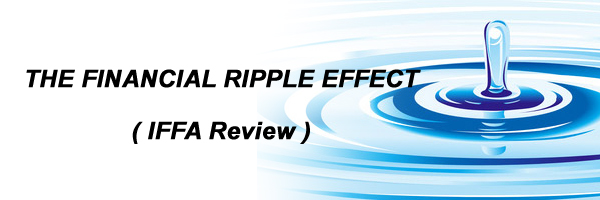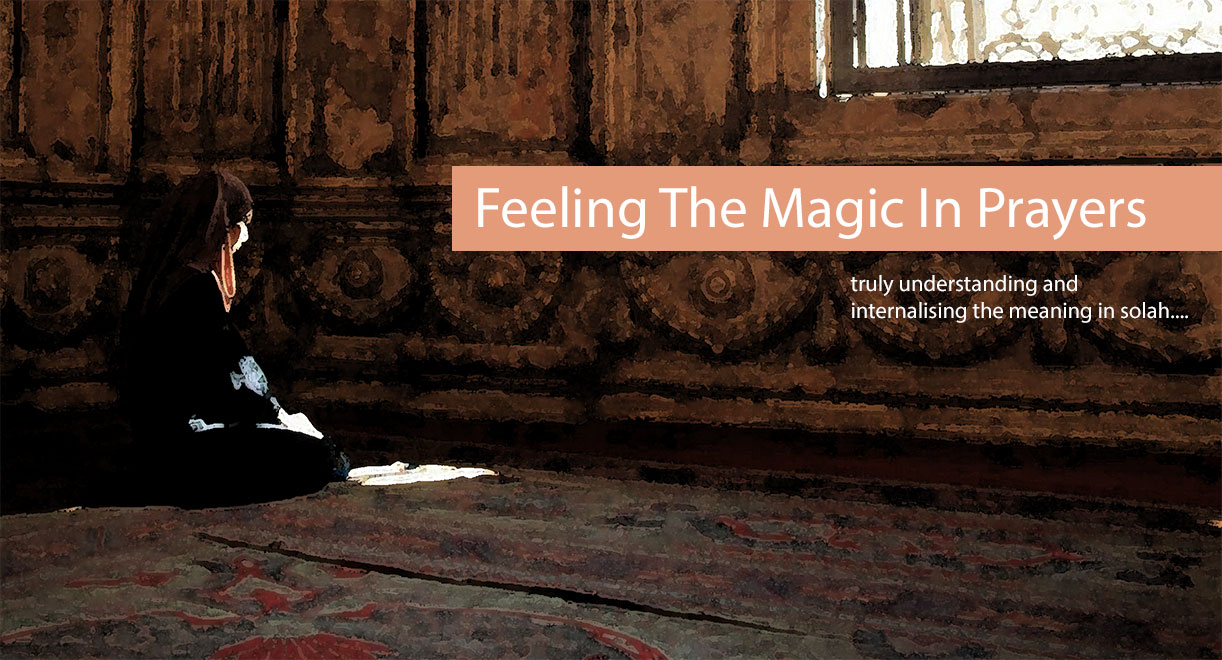Ever heard of the cliché saying, Money is not everything? Money may not be everything but it sure is something. It is definitely everyone’s business. Love it or hate it, face it, everybody needs money. Enough money, too much money or simply the lack of it, bottom-line is, one’s daily lives need it to propel, and therefore knowing to manage it is crucial. The caution is, not to be a slave to money, which is just a medium of daily transactions. If one look at money carefully, it is a piece of paper that has no emotions on it. It is the user who determines the feeling he has about money. Most issues about money occur when one has insufficient knowledge about handling money and let emotions run with it. The lack of knowledge about money management has lead to many issues that affect everybody in a grave ripple effect of life. In this day and age, there is already an avalanche of knowledge mediums that one can adopt to learn more about money management. Therefore today, there is no excuse for anyone not to be in the know.
As Muslims, how does one plan his finances well? The results of not planning financially for the future is obvious but does one know or realize enough to do something about the repercussions of not planning finance Islamically? How about the differences between conventional & Islamic? On Saturday, 15 December 2012 marked the event, a seminar called Islamic Finance For All (IFFA), at Masjid Sultan Auditorium. It was an eye-opener for some and probably a reminder for others. Three main speakers, Dato Mohd Fadzli Yusof, Mr Wan Abdul Rahim Kamil Wan Mohamed Ali and Mr Sani Hamid, together with a few other knowledgeable experts, took the stage to share with us various valuable insights about Islamic finance. A very intriguing subject these days, as more Muslims are getting more inquisitive and concerned about Islamic finance. But what is the fuss and differences about Islamic finance to conventional finance? Kudos to those who can immediately appreciate it, but it is without doubt, a quite tricky subject to understand for some too. But most important of all, Islamic finance has its clear benefits that will help a Muslim have a smooth life journey, Insya Allah. And besides, who wouldn’t want to partake in anything that will benefit him isn’t it?
The financial ripple happens as one goes through his life journey in stages. Whether one is young and single, married with no kids or married with kids, married with grown up kids or retiring, one will have different financial needs at each stage. Like it or not, everyone will go through these stages, just a matter of sooner or later and maybe with a little bit of variations. Also highlighted by Dato Mohd Fadzli, financial planning is important as it fulfills the Maqasid Shariah, which includes five aspects of Faith, Self, Intellect, Wealth and Posterity (future generations). These five aspects also summarize the main pointers of the financial ripple effect on our lives if knowledge is not sought.
Therefore, what is Islamic finance & how does one call a financial instrument Shariah Compliant? Some of the basic principles of Islamic Finance must contain but not exhaustive:
1. A financial instrument be interest free (no riba’)
2. Risk sharing & asset/service backing
3. Contractual certainty
4. All elements of transaction must be ethical
5. Should not have prohibited sources like alcohol, tobacco, pork-related products, entertainment (hotels, gambling, cinema/movie theaters, music, pornography and so on), conventional financial services (banking, insurance), biotechnology companies involved in human/animal genetic
After understanding & determining that one do need to do Islamic finance, the next step is, is it readily available for Muslims in Singapore? If one then decide on building assets with Islamic investments, how do one overcome the four misperceptions, highlighted by Mr Sani Hamid, that still engulf the Muslims here on Islamic investments are risky, Islamic products are non Islamic, cannot make money or are inferior to their conventional counterparts? Is it fair if one makes apple-to apple comparisons between Islamic and conventional investments? Some facts shared by Mr Wan Abdul Rahim Kamil that investing in Shariah compliant instruments are far more resilient & profitable than investing in conventional stocks as the Shariah compliant stocks are fundamentally tied to economic substance and have greater links to the real underlying assets.
However with an estimate of about 500,000 Muslims in Singapore, one first need to be aware that the government is supportive of Islamic finance but focus is more on the higher end of spectrum to promote and leverage on Singapore’s international financial center status. For the retail market, the government lets market forces dictate the demand and supply.
Therefore the financial ripple effect has swept everyone to this date. The lack of support has resulted in the withdrawal of many Islamic finance products. In fact, non-Muslims are the main supporters of Islamic products. Despite suffering from withdrawals of Islamic products over the past few years, there are various new introductions and the fundamentals in Islamic investments are definitely good. There is future potential and the growth in Islamic banking and finance should continue. But as emphasized by Mr Sani Hamid, Islamic finance cannot survive without the support of the Muslim community itself and everyone has the responsibility to relearn about Islamic finance so as to create a new ripple of
awareness and move forward.
Written by
Melindah MJ
Financial Consultant/Trainer









